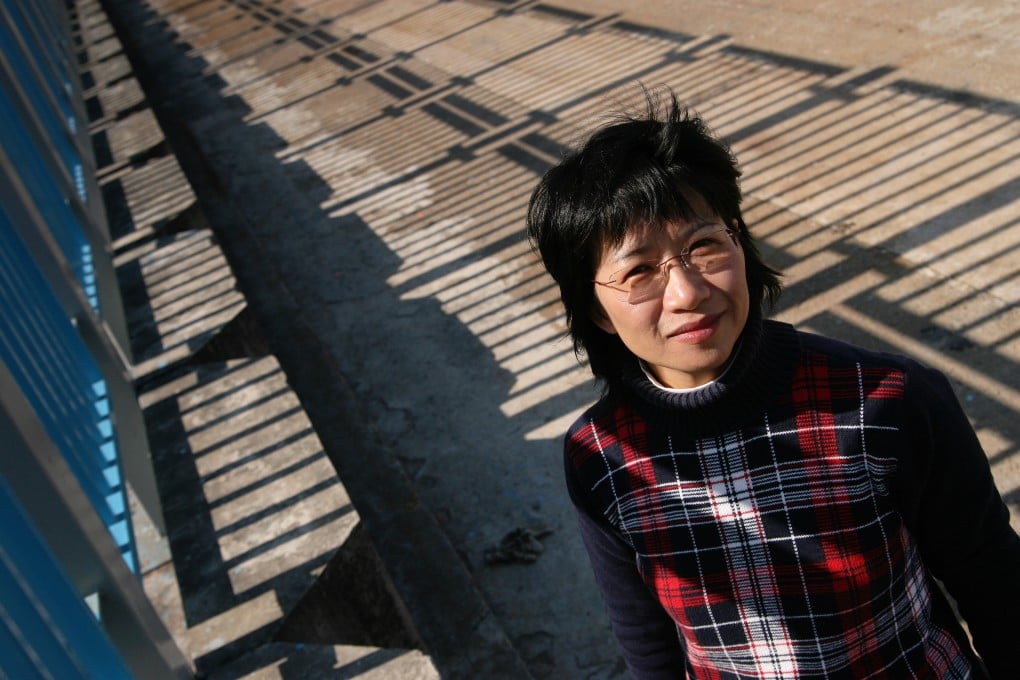Unionist wife of jailed Hong Kong opposition politician Lee Cheuk-yan arrested by national security officers after prison visit
- Former union leader Elizabeth Tang was arrested on suspicion of colluding with foreign forces, Post learns
- Tang’s husband, Lee Cheuk-yan, is in jail awaiting trial on a national security charge relating to his role in group behind city’s Tiananmen Square vigil

Former union leader Elizabeth Tang Yin-ngor, 65, was taken away by officers in a seven-seater vehicle outside Stanley Prison at around midday on Thursday.
The police force’s National Security Department said it had arrested a 65-year-old, without disclosing the person’s name, for suspected collusion with a foreign country or external elements to endanger national security, contravening Article 29 of the national security law.
An insider said Tang was picked up after visiting her husband in the maximum security prison.
He said Tang was the director of an information research centre and suspected of receiving more than HK$100 million (US$12.7 million) in donations from groups in the United States, Germany and Norway since 1994 to support labour movements in Asia.